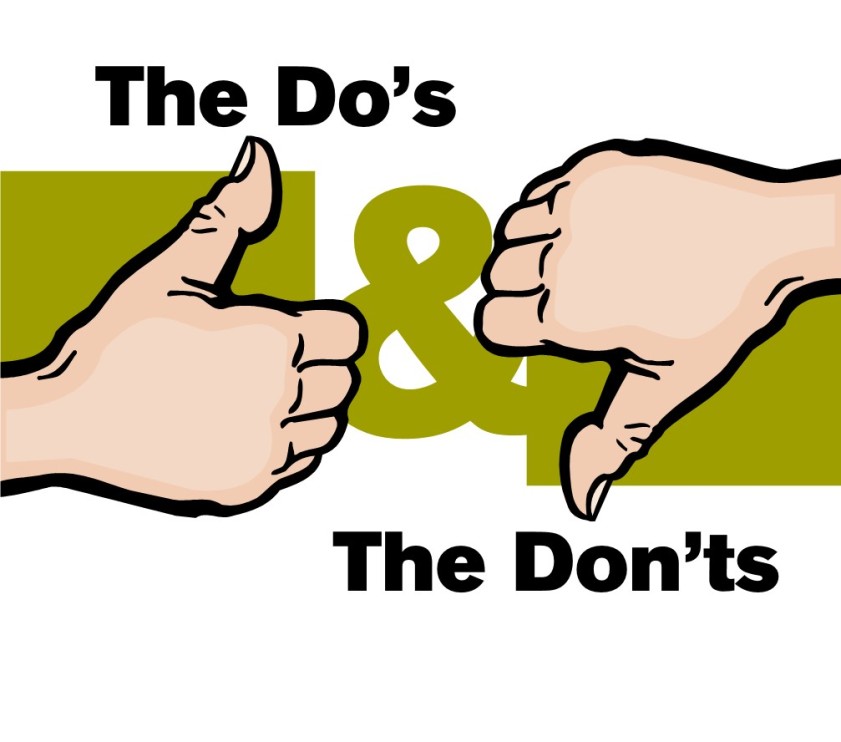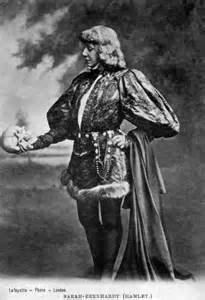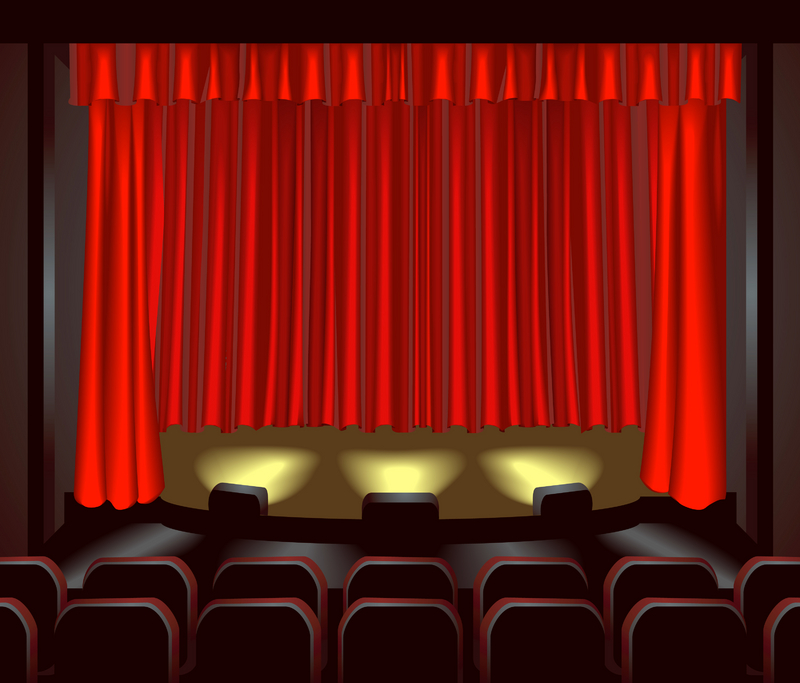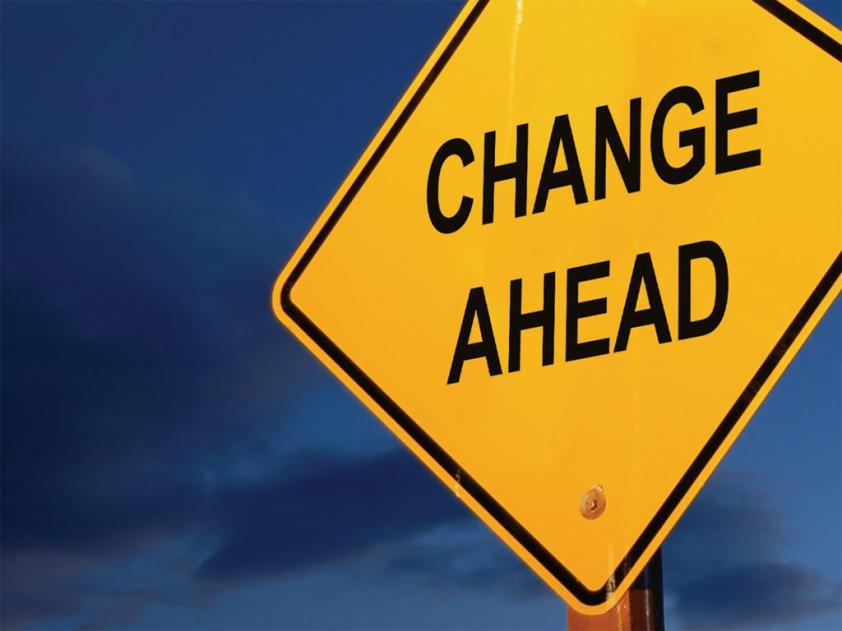This was an idea given to me by Mika Lahman. Check out her Facebook page to check out show dates.
I love brand new comics. They have all that hopeful glee, like people starting their first day as a social worker. There are just things that annoy other comedians and can get them to turn on you. This is not what any new comic wants because getting in with the right comics can get you stage time and other opportunities. Now before I go any further, I am not saying be a follower. I am saying you can tone it down and be a normal human. Ok, let’s talk about some of the biggest don’ts.
Running material in casual conversation: Nothing will get other comics to stop talking to you faster than trying to run your brand new material by them while you are just talking to them. We will hear your material when you do it on stage. If you need critiquing, then ask someone after the fact, they will be much more willing to provide you with advice then. Not while you are outside smoking.
Giving other new comics advice: When talking to comics that have been doing this for years, this is one of the biggest annoyances. I can see why. If you have just been doing it long enough for other comics to finally know your name, and now you are giving out sage advice like you are a cornerstone in the community, it comes across as arrogant.
Being an encyclopedia of comedy: If you want to piss off a comic just tell them that the joke they have been doing is someone else’s bit. Are you sure it is the same, or is it the same topic? Maybe they have been doing it for five years and the comic you saw on Comedy Central has been doing it for three. These are things that will get you punched in the face. No one wants to be called a thief. If you think they are performing a joke similar to another comic, it may be best to approach them and ask questions.
The brand-new, career comic: You are excited. You just got on stage for the first time. You want everyone to know that you are now doing comedy. You go on Facebook, and change your job description. You are no longer “Electronics specialist” at Fred Meyers, you are now a comedian! Don’t do that. You may go up the next five times and bomb and realize you may not be enjoying it as much as you did the first time. I understand. You want to do this forever, but give it time. See if you enjoy it first. This is the same as going on a date with someone and changing your Facebook status to: “In a relationship”.
The brand new show booker: More open mics get started by brand new comedians that want to start something they can call their own. The problem is, most of the time, they have no context. Comics just starting out look at the holes in a comedy scene and just assume that the holes are there because the other comics are lazy or they didn’t realize the opportunity. They don’t know that the reason their isn’t comedy there is because that place didn’t want to pay for comedy, or that five comics where stabbed their three years ago. I have seen this time and time again. Some comic, that has been doing it for all of three months, wants to start an open mic where they can be the leader. They do it in a place that isn’t really compatible with good comedy and they assume that it didn’t work because other comics in the scene didn’t want it to work. Instead of looking at it as maybe it didn’t work because it didn’t work the first four times it was tried.
Already ready for work: If you want to piss a professional comic off, have a brand new comic walk up to them and start asking about how much they should start charging. Don’t look at other comics as a guide to when you should be getting paid work. Everyone is different. Some comics get work after three months, and others have been doing it for three years and still haven’t gotten a red cent. You need material, good material. Work hard, write hard, and seize your opportunities. Don’t look at comedy as get money quick scheme. You could be going too soon and hurt any chance of making more money in the future.
Comedy is not like other professions. You are not the rookie QB that will be winning games after your first start. Calm down! Get in the scene and observe what works and what doesn’t. Find what works for you and go for it. I hope the best for you. Remember me when you are booking theaters all across the country.



